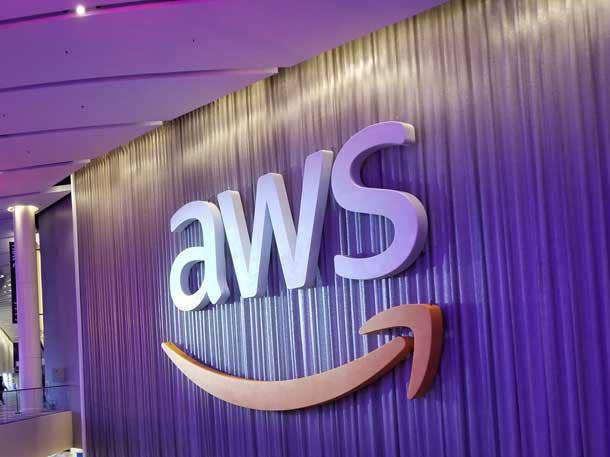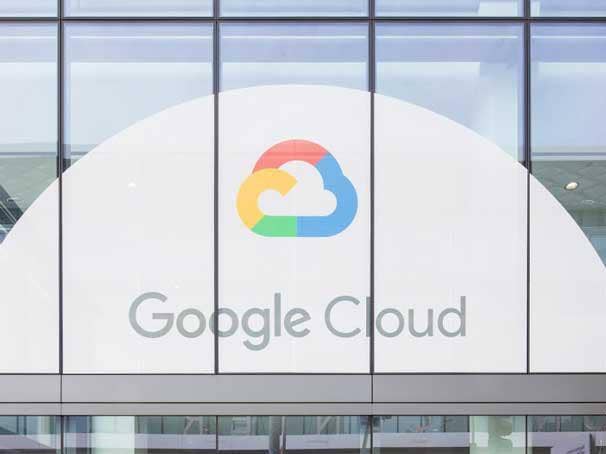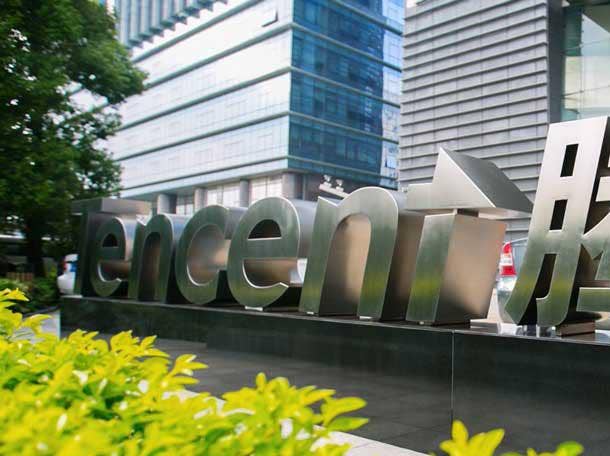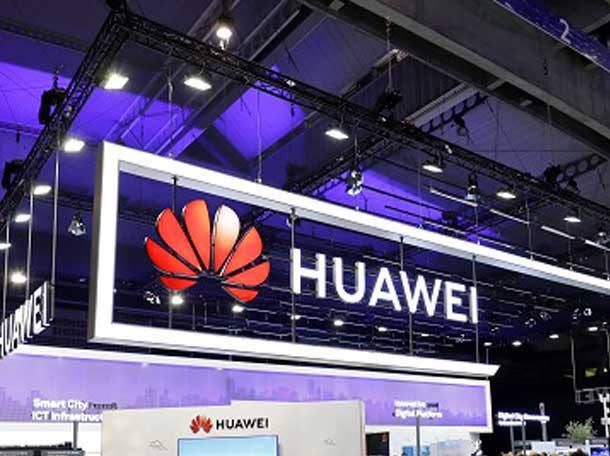AWS, Microsoft, Google, Oracle, Alibaba Top Gartner’s Cloud Magic Quadrant
Gartner ranks the top eight cloud services companies, along with their strengths and weaknesses, in its new 2022 Magic Quadrant for Cloud Infrastructure and Platform Services.

The battle to win share in the massive cloud infrastructure and platform services market will have long-lasting ramifications to the future of enterprise IT.
“The hyperscale cloud providers are in a race to colonize enterprises in an attempt to become the primary strategic supplier of cloud services to address a broad range of IT workloads,” said Gartner in its new 2022 Magic Quadrant for Cloud Infrastructure and Platform Services.
Many of the largest technology conglomerates on the planet—from Amazon, Oracle and Google to Huawei and Alibaba—made Gartner’s new Magic Quadrant cloud services report.
These massive companies’ all have dedicated cloud business organizations such as Google Cloud, Amazon Web Services, Huawei Cloud and Alibaba Cloud.
[Related: AWS Vs. Microsoft Vs. Google Cloud Q3 2022 Earnings Face-Off]
The ultimate goal of these large cloud providers is to move enterprises further up into the platform as-a-service (PaaS) layer where the margins are higher and the ability to extract workloads and processes become more difficult, according to the IT research firm.
Gartner is expecting worldwide end-user spending on public cloud services to reach a record $592 billion in 2023, up 21 percent from $490 billion in 2022.
Top 8 Cloud Services Companies Ranked: Gartner Magic Quadrant
Gartner’s 2022 Magic Quadrant for Cloud Infrastructure and Platform Services ranks vendors on their ability to execute and completeness of vision and places them in four categories: Niche Players (low on vision and execution), Visionaries (good vision but low execution), Challengers (good execution but low vision) and Leaders (excelling in both vision and execution). In this particular Gartner Magic Quadrant, there are no companies listed as Challengers.
The scope of Gartner’s Magic Quadrant includes Infrastructure as-a-Service (IaaS) and integrated Platform as-a-Service (PaaS) offerings such as database PaaS, application developer PaaS, and industrialized distributed cloud offerings that are often deployed in enterprise data centers.
Here are the eight companies leading the global cloud infrastructure and platform services market, along with each vendor’s strength and weakness:
* Alibaba Cloud
* AWS
* Google Cloud
* Huawei Cloud
* IBM Cloud
* Microsoft
* Oracle Cloud
* Tencent Cloud

Leader: Amazon Web Services
The worldwide cloud market leader and pioneer won the gold medal for execution on Gartner’s Magic Quadrant and placed second for vision. AWS is focused on being a broad-based provider of IT services—ranging from cloud-native and edge to ERP and mission-critical workloads. AWS is focusing on expanding the size of the market it serves by moving into new territory such as private 5G and partnerships with telecoms.
Strength: AWS continues to have the greatest breadth and depth of capabilities of any provider in the market for cloud infrastructure and platform services.
“AWS is one of the few vendors in this market that does not exaggerate its business performance to customers based upon the sale of offerings that are well outside the periphery of what is reasonably considered to be cloud,” said Gartner.
Weakness: AWS has a relatively weak strategy to support customers seeking sovereign and multicloud solutions. AWS shows little interest in pursuing meaningful multicloud strategies on behalf of its customers, Gartner said.

Leader: Microsoft
The world’s largest software company won first place for vision on Gartner’s Magic Quadrant for cloud infrastructure and platform services, as well as second place for execution. Microsoft is strong in all use cases, which include extended cloud and edge computing with Azure well-suited for Microsoft-centric organizations. Microsoft is investing on hybrid and multicloud, as well as cybersecurity improvements to Azure.
Strength: Microsoft has a differentiated position in broad segments such as telecom, healthcare, manufacturing, retail and financial services.
“With Azure’s current pace, the worldwide gap with AWS will significantly shrink within the foreseeable future and is already happening in Europe,” said Gartner.
Weakness: Gartner said many clients report frustration with Azure costs increasing over time without knowing why. Additionally, the complexity of Microsoft licensing and support costs extends to Azure, in that, customers find it difficult to consolidate their spend and negotiated private discounts in a predictable way.

Leader: Google
Google won the bronze medal for both vision and execution on Gartner’s Magic Quadrant thanks to Google Cloud. The Google Cloud Platform (GCP) is strong in nearly all use cases and has made progress in improving edge capabilities. Google invests in being a broad-based provider of IaaS and PaaS by expanding its capabilities as well as the size and reach of its go-to-market operations.
Strength: GCP had both the highest percentage of revenue gains and improvements across Gartner’s Critical Capabilities report for cloud services of any cloud provider.
“This is largely the result of increased field sales, co-selling with partners and a commitment to offering a competitive platform from the perspective of capabilities,” said Gartner.
Weakness: Google recently increased prices by 100 percent for some aspects of its storage services, for example. GCP is the only cloud infrastructure and platform services provider with a large market share that continues to operate at a large financial loss.

Visionary: Alibaba Cloud
Alibaba Cloud continues to have a leadership position in China and has a meaningful impact in surrounding countries in terms of market share and capabilities. Alibaba Cloud is a “good fit for cloud-first digital business workloads” for China or Southeast Asia based customers, said Gartner. The China-based company is focused on expanding its successes in Asia in addition to advancing use of ARM processors and database PaaS offerings.
Strength: Enterprises view Alibaba Cloud as a pathway to digital transformation and commerce capabilities due to its big data and analytics capabilities along with its parent company.
“Alibaba Cloud’s engineering talent is on par with any other cloud provider,” said Gartner.
Weakness: Alibaba Cloud lacks a rich MSP ecosystem that a global enterprise requires. It also has significant differences in consistency regarding functionality between its offerings in China, which has far greater capabilities, compared with its international regions.

Visionary: Oracle
Oracle has elevated from a Niche Player in Gartner’s 2021 Cloud Infrastructure and Platform Services Magic Quadrant into a visionary this year. Oracle Cloud Infrastructure (OCI) is focused on lift and shift, hybrid and multicloud, and high performance computing. Oracle is focused on offering sovereign cloud capabilities outside of North America and multicloud offerings on Azure and AWS.
Strength: Oracle is “out-innovating the market” with respect to emerging enterprise needs such as sovereign clouds, according to Gartner.
“Allowing third parties to private label OCI and operate completely isolated regions is highly differentiated in the market for cloud infrastructure and platform services,” said Gartner.
Weakness: OCI’s sales efforts and partner network are not suited to adequately address the non-Oracle workload market, as clients don’t consider Oracle to be a general-purpose solution for all enterprise workloads. Additionally, OCI is not positioned for adoption by midmarket enterprises and SMBs.

Niche Player: IBM
The IBM Cloud mostly focused on lift-and-shift, extended enterprise use cases and regulated industries. IBM has an investment focus that includes hybrid and distributed cloud, quantum computing, regulated industries and industry-focused cloud services, according to Gartner.
Strength: IBM has a differentiated vision for modernizing enterprise workloads— such as those that run on its IBM Power systems and IBM zSystems—to capture the agility benefits of cloud.
“IBM is one of the few providers with the assets and know-how to bring mainframe workloads focused on testing and development into modern environments,” said Gartner.
Weakness: IBM Cloud has yet to find its competitive identity when compared with other providers in the market. IBM is still in the process of integrating its traditional assets with newly acquired Red Hat technologies into a more cohesive hybrid and multicloud offering.

Niche Player: Tencent Cloud
Tencent Cloud is focused on serving multinational customers in China or Chinese multinationals expanding overseas. Tencent is investing in network capabilities to support the low latencies required for gaming workloads along with low-code platforms, video on demand, security, database and virtual video meeting services.
Strength: Tencent Cloud offers a zero-commitment free trial of all services, with flexible private pricing with fast decision making on exceptions and discounts for larger customers.
“Tencent Cloud has built a compelling cloud-native coding platform to enable enterprises to penetrate digital markets more effectively through Tencent’s highly used social media platforms,” said Gartner.
Weakness: Tencent Cloud ranks in last for vision on Gartner’s Magic Quadrant. Tencent Cloud’s partner programs are scant in depth and breadth. Customers outside of China will find it difficult to find partners to work with Tencent Cloud.

Niche Player: Huawei Cloud
Huawei Cloud is focused on building out its cloud services to new regions and matching the capabilities of its Chinese competitors. The company is mostly focused in China, though it also has meaningful efforts in Latin America and Africa. Huawei Cloud overtook Tencent Cloud to become the second largest cloud provider in China by market share in 2021, now just trailing Alibaba Cloud.
Strength: Huawei’s roots in enterprise IT are in delivering on-premises and edge infrastructure for customers.
“Huawei is able to deliver both public cloud and private cloud solutions to give customers flexibility in deployment,” said Gartner.
Weakness: Huawei Cloud ranks in last place for execution on Gartner’s Magic Quadrant for Cloud Infrastructure and Platform services. International sanctions have had a “massive impact” on Huawei’s overall revenue, sinking by one-third and complicating Huawei Cloud’s access to markets and components, said Gartner.